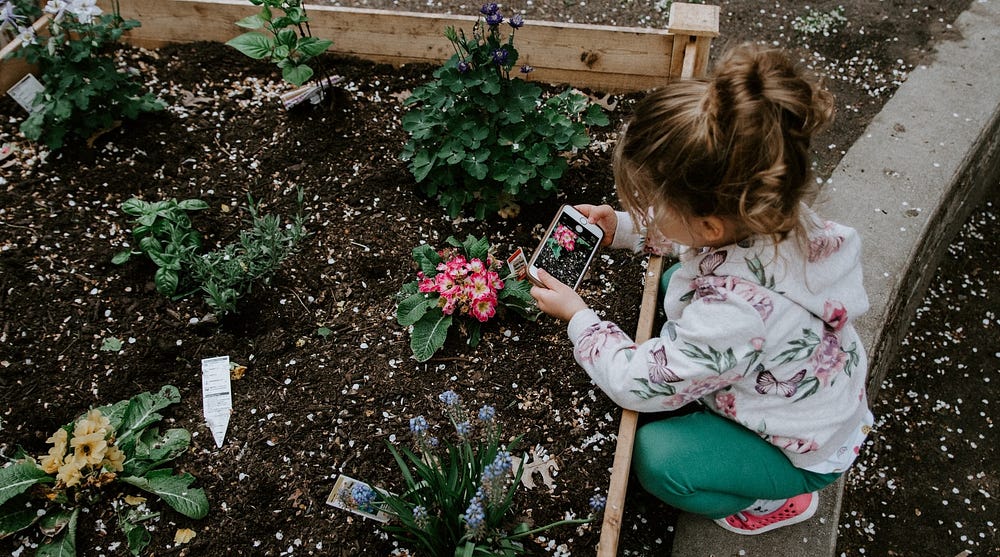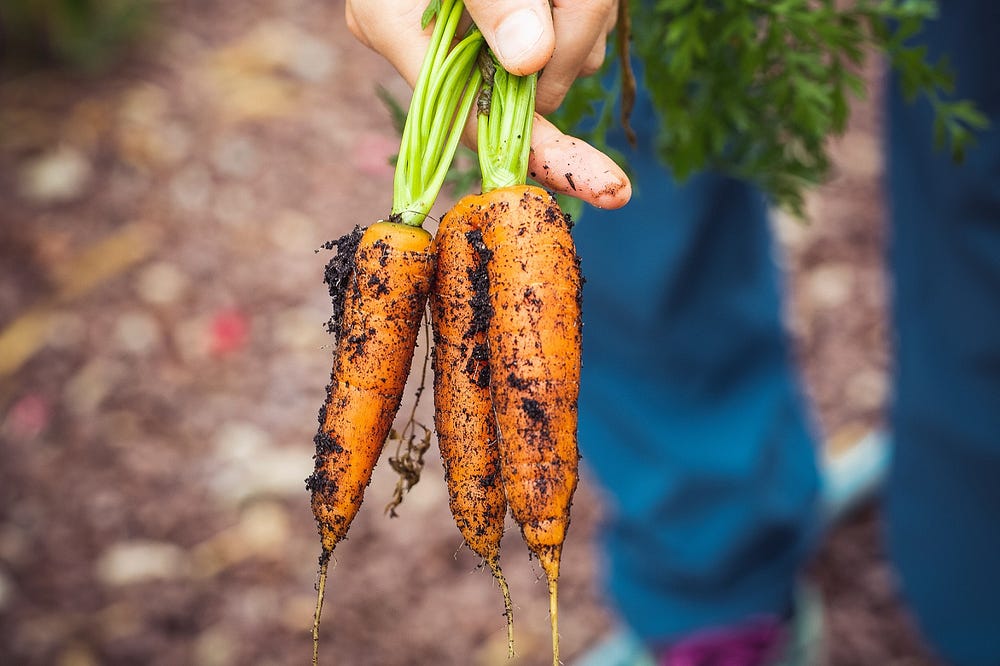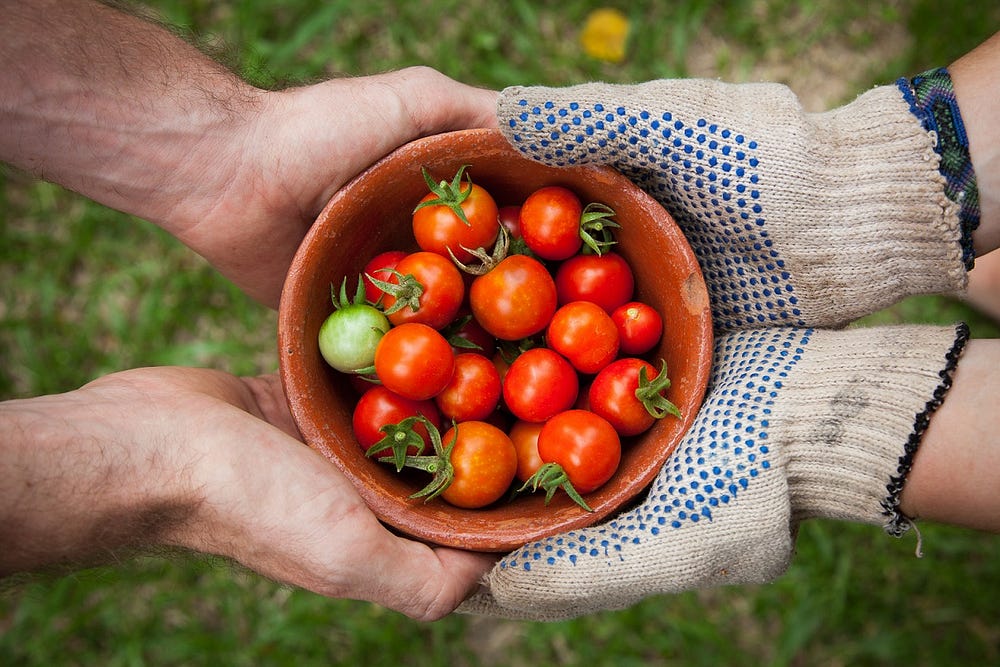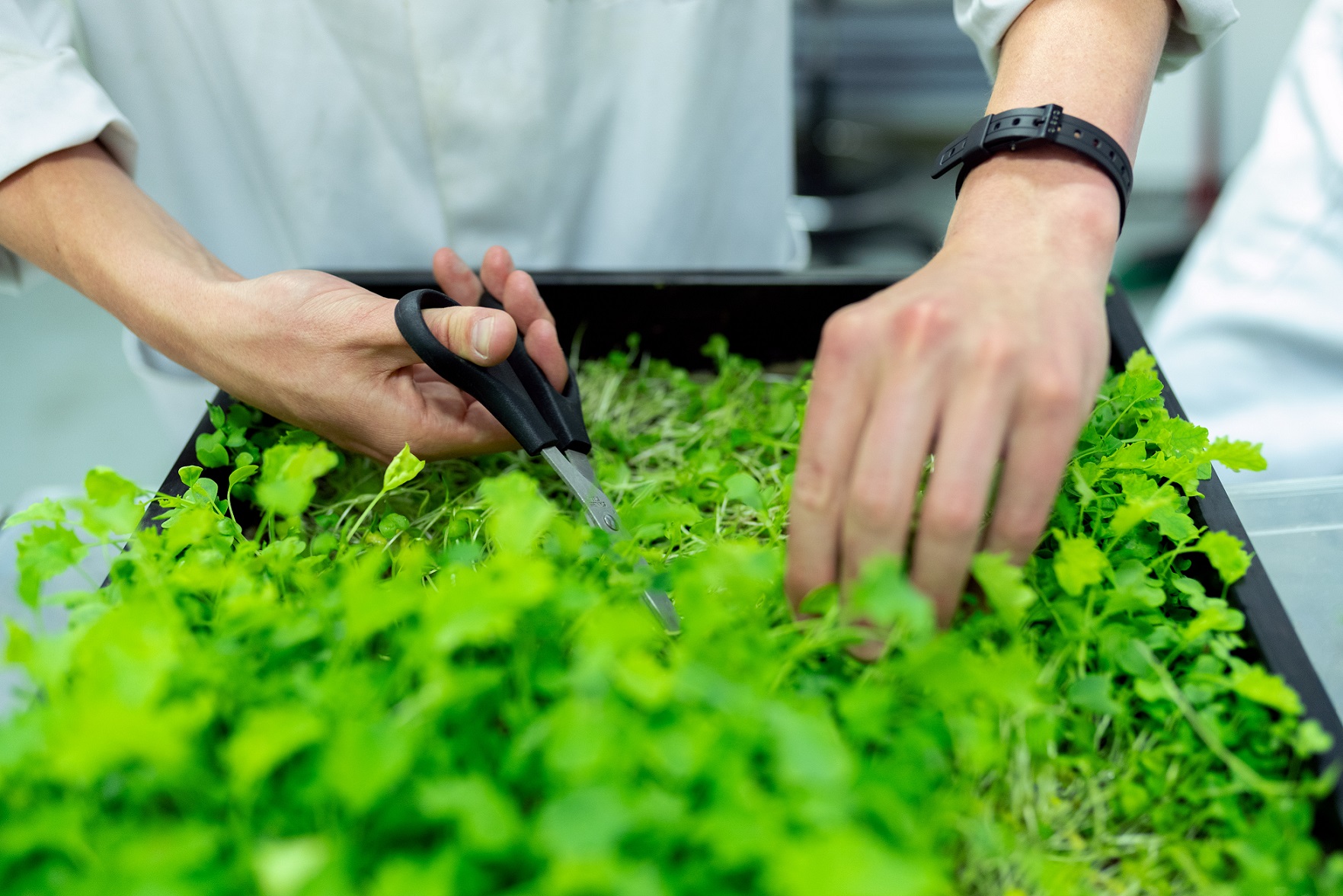Have you heard of Victory Gardens? If you were born post-40s, then you likely haven’t.
During World Wars I and II, agriculture and supply chains came to a near standstill—fields and farms were destroyed, and the armies recruited the farming community to strengthen their battalions. And needless to say, food was in shortage.
So, governments came up with a new concept — Victory Gardens. They encouraged their citizens to grow their own vegetables and fruits and to rear poultry. And this quickly took off.
These Victory Gardens provided much more than food during the ongoing war. For those confined to their homes, it gave a meaningful purpose and a distraction from their worries and fears.
The COVID-19 pandemic triggered a similar wave of gardening activities. After being confined to their homes for weeks and months, many people took out their trowels and spades. For some, it served more as a new hobby and for others, it provided a source to put their time into good use.
But science suggests much more compelling reasons for starting your own Victory Garden. Here are 7 profound benefits it could offer for your mental and physical wellbeing.
1. Gardening can reduce stress
Regular gardening can reduce the stress hormone, Cortisol. In fact, research confirms that 30 minutes of gardening is more effective in reducing stress than even reading.
It’s also a great distraction to take your mind away from stressful events and can help boost your mood with a much more relaxing activity to focus on.
Even spending time with plants could help ease stress. This is why greenery in offices has grown in popularity.
Researchers at the University of Hyogo have found that spending just a few minutes looking at and caring for plants can reduce the heart rate and anxiety levels of office workers.
The therapeutic effects of gardening can be calming and soothing to the mind, especially during a global health crisis.
2. It can help fight chronic diseases.
Gardening is an excellent physical activity, especially for the elderly and the ill. It’s found to prevent and reduce the symptoms of several chronic diseases.
Studies confirm that regular gardening can reduce the risks of heart attacks and strokes and prolong life by almost 30% for those above 60. It can also help dementia patients by improving attention span and cognitive skills.
Gardening is considered a moderate-level physical exercise that engages various muscle groups. This is particularly beneficial for patients with chronic diseases who are experiencing limited mobility. Research shows that it can help improve muscle mass, aerobic endurance, and dexterity. And the weight-bearing motions of gardening activities and engaging the whole body can even help improve muscle strength.
It’s also a fun and calming activity that could take attention away from the pains associated with most chronic diseases. Horticulture therapy has even grown in popularity to treat patients of addiction and depression due to their restorative effects. And keeping plants in hospital rooms has been found to speed up the post-surgery recovery process of patients.
3. Gardening can improve your ability to learn

Gardening could have a significant effect on the learning and development process of both children and adults.
According to one research, 5th-grade students from schools that had garden programs scored higher in standardized tests on math, reading, and science. So, it doesn’t come as a surprise that educators have been adopting garden-based learning with increased vigor in recent years.
Regular contact with nature is also found to improve children’s cognitive functions and social interactions and reduce symptoms of attention-deficit hyperactivity disorder (ADHD).
And research by Dr. Payam Dadvand and his team confirms that exposure to greenery early in life could even lead to “beneficial structural changes in the developing brain.”
Gardening will challenge and exercise your cognitive skills such as concentration, memory, and reasoning. And there’s both math and science behind it. For example, different plants need different amounts of water. Some need prolonged exposure to sunlight, and some require shade. You need to care for them, give them fertilizer at the right time in the right amount, prune them correctly, and check for any plant diseases.
Not only that, but it will also engage your five senses. For instance, you learn how to visually inspect your plants, like the colors of the leaves and the growth of the stem. You will learn to check the soil by touching and visually inspecting it.
There is also trial and error in gardening. You’ll win some and lose some. It requires you to find solutions to problems, to be creative, and to experiment. And it teaches you patience and endurance.
The bottom line is, gardening can engage you in a continuous learning process, regardless of your age.
4. It can boost self-esteem
Anyone who has planted a seed would know the incredible sense of satisfaction of seeing it grow and flower.
According to research, regular gardening is associated with self-esteem among older adults.
The sense of accomplishment you could gain from a little patch of garden could be a great boost for morale. Seeing tangible results of your hard work can provide a sense of achievement. Its effects are felt even more if you are a first-time gardener.
It can provide an excellent boost of confidence, giving you something to feel proud about. Sharing pictures of your garden, giving away part of the harvest, or even cooking a meal for friends and family using what you have grown could be extremely rewarding.
5. Getting your hands dirty can help your immune system

It is long believed that the cleaner urban environments that separated its dwellers from their natural habitats have led to a dysfunctional immune system, increasing the cases of, for example, allergy-related illnesses such as asthma. This is commonly known as the hygiene hypothesis.
And this is backed by various studies. For example, research has found that there’s a lower level of asthma and allergy conditions among kids in rural areas compared to those living in cities.
Nature exposes you to a great microbial environment to keep your immune system strong. Take Mycobacterium vaccae, for example. It’s a common soil bacteria that can boost your immune system and reduce inflammation and stress.
And not only that, Vitamin D in the morning sunlight is another excellent source for an immune boost. So, it’s worth putting on your sunscreen and getting outdoors for some regular gardening therapy to keep your immune system strong.
6. Gardening can create a sense of hope
Gardening as a regular activity can provide a sense of purpose and hope. When you plant a tree or some seeds, you’ll find yourself inspecting it every morning to see how far they have grown. There’s a sense of anticipation as you watch it grow and cheer it on. You feel attached to it like a parent to a child as you care for it and nurture it. Then you feel excited to see it fully grown and looking healthy.
And this sense of hope can have far-reaching benefits than you may realize. Research has found that hope can predict academic achievement above intelligence. And situational hope is linked to the generation of a higher number of ideas for problem-solving.
In his book, The Anatomy of Hope, Jerome Groopman asserts that belief and expectation—the two main states of hope — can release endorphins and enkephalins. These are natural painkillers of the human body and can, therefore, help relieve you from pain.
Hope can get you excited about the future and create a sense of optimism. It can also help you face challenges with more positivity. And this is what gardening can provide you.
7. Your crop is often healthier than what you purchase at the supermarket
And finally, growing your own herbs, veggies and fruits can help ensure that you get your nutrients in the healthiest way possible.

Toxic pesticides, chemical-rich fertilizers, and food contaminants have added to the growing concerns among today’s shoppers as they worry about the impact of what they eat on their health. Some have switched to more expensive organic options as a result.
But growing your food in your garden is a much cheaper alternative, which can guarantee you toxin-free meals. It allows you to control the growing environment and choose natural fertilizers and pesticides.
Besides, home-grown food often tastes better than store-bought counterparts, which lose their flavors as they travel through lengthy supply chains from the farm to the supermarket. But what you pick from your garden is fresh and tastes better, so your family is likely to eat more of it.
Garden-grown food is also packed with more nutrients. This is because commercially grown varieties are selected based on higher crop yield, a faster harvest, and longer shelf life. And they are often picked before they ripen. All these can make their nutrient content much less than what you have picked from your garden.
Gardening is much more than a solution to a food shortage. Its impact on physical and mental wellbeing makes it an essential activity to adopt, especially for those leading busy, urban lives. It can have far-reaching benefits for all ages, and even for those experiencing chronic illnesses — all the more reason for you to start creating your very own Victory Garden.


